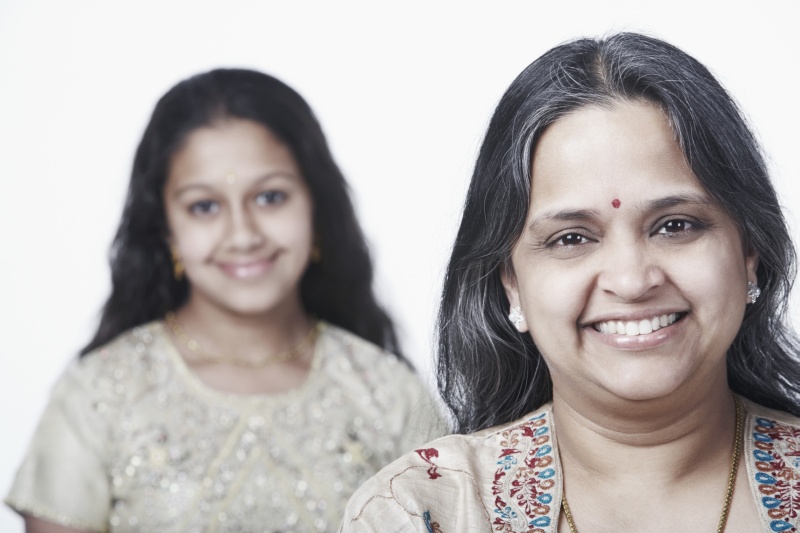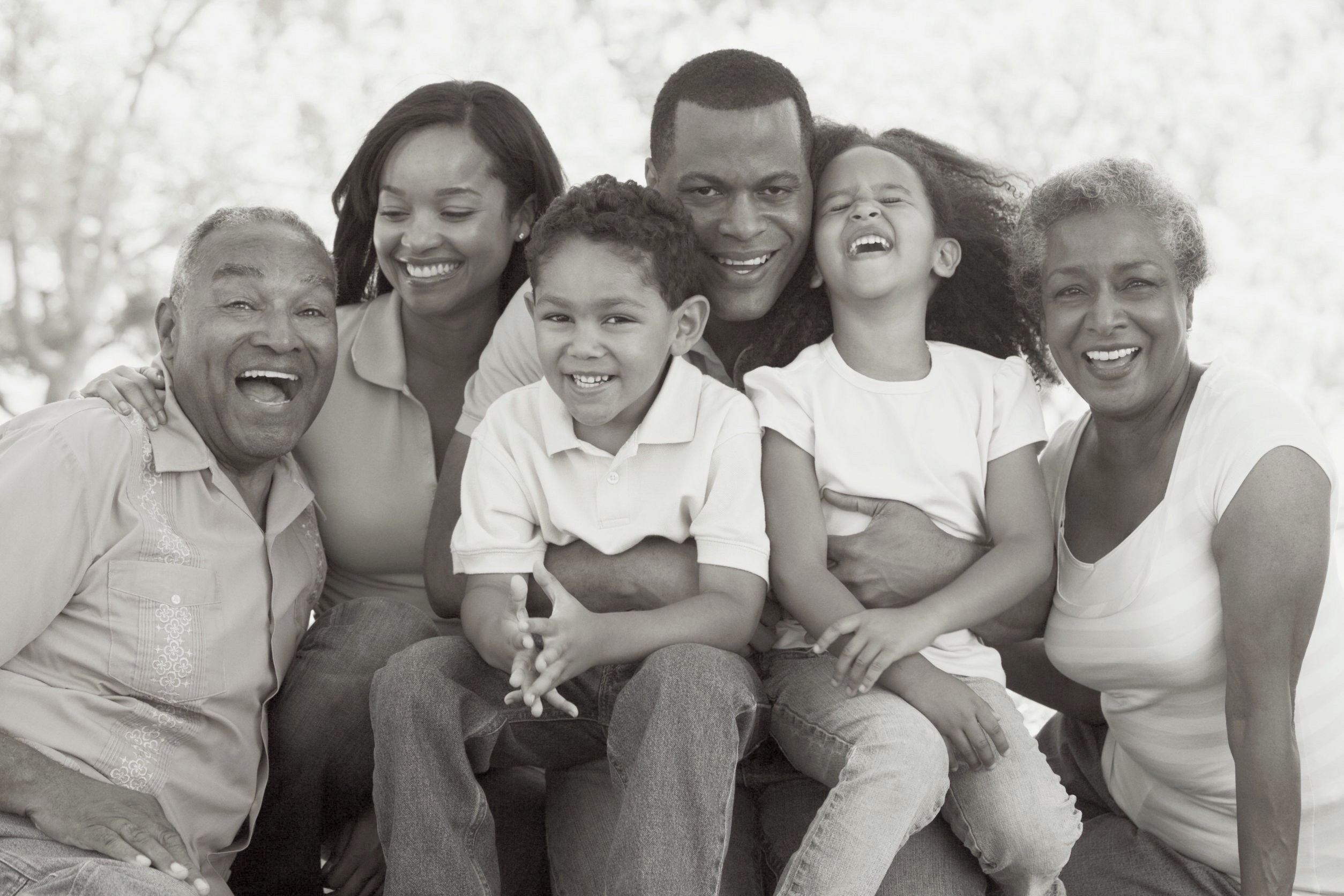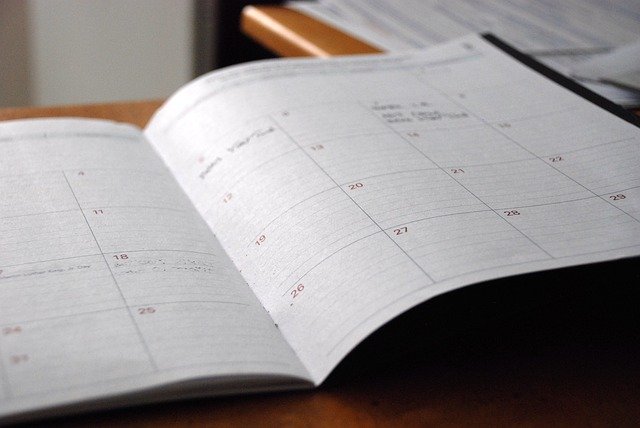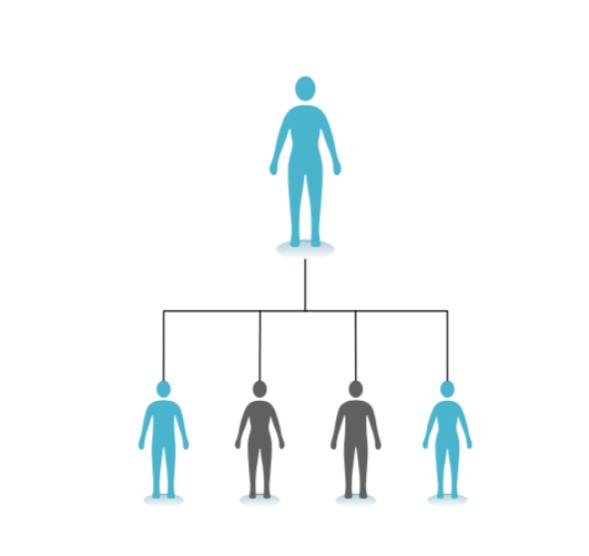You are supported.
This patient portal has been developed in partnership with patients as part of a research project funded by the Canadian Institutes of Health Research. On this page, you will find information about what to expect throughout the genetic testing process, key facts, and links to more information to help you make informed decisions about your health.

Prevention and early detection saves lives

For Patients
Information to prepare you for genetic testing, to learn about BRCA genes, and to help you understand your test results.
More information

Talking to Your Family
Information about talking with family members about genetic testing, prevention and early detection.
More information
What to expect
Here is what to expect when meeting with a genetic counsellor. Whether or not you decide to have genetic testing, your genetic counsellor will provide information about cancer risk in your family and help you make informed decisions about your health.
STEP 1
Before testing
You will speak with a genetic counsellor about the history of cancer in your family and options for genetic testing.
FAQ

STEP 2
Testing
If you do not want testing, you will be given information about cancer screening and prevention based on your family history.
Talking To Your Family

STEP 3
Receiving Results
Results can be provided over the phone, video conference, or in person. Results can also be be sent to your care providers.
For Patients

STEP 4
Next Steps
See the “Talking to Your Family” page to help start conversations about testing and results.

Before your appointment
Please review the For Patients and FAQ/COVID-19 pages.
Write down any questions or concerns you would like to discuss.
Testing
If you decide to have testing, you will be given information about how to submit a sample (usually blood or saliva).
Receiving Results
Your genetic counsellor will provide your results and talk about what the results mean for you and your family.
Next Steps
Talk about your results with your care providers and your family – your genetic counsellor can help with this.
 For Families
For Families
If you have a BRCA1 or BRCA2 variant, there is a 50% chance that each of your children will have the same variant.
 For Patients
For Patients
Not everyone with a BRCA variant will develop cancer. For every 10 women with BRCA2 variant, 2 will develop ovarian cancer in their lifetime.
Quick facts
What does it mean to have a BRCA genetic variant?
Contact the Hereditary Cancer Program
![contact-map-min[1]](https://hcpsupport.bccancer.bc.ca/wp-content/uploads/2020/03/contact-map-min1.jpg)
Local Office
(604)-877-6000 local 672198
Mary McCullum: mmccullum@bccancer.bc.ca
Toll Free
1-800-877-6000
We will endeavor to return your email within 10 days. If you require more immediate assistance, please contact the Hereditary Cancer Program by telephone.

